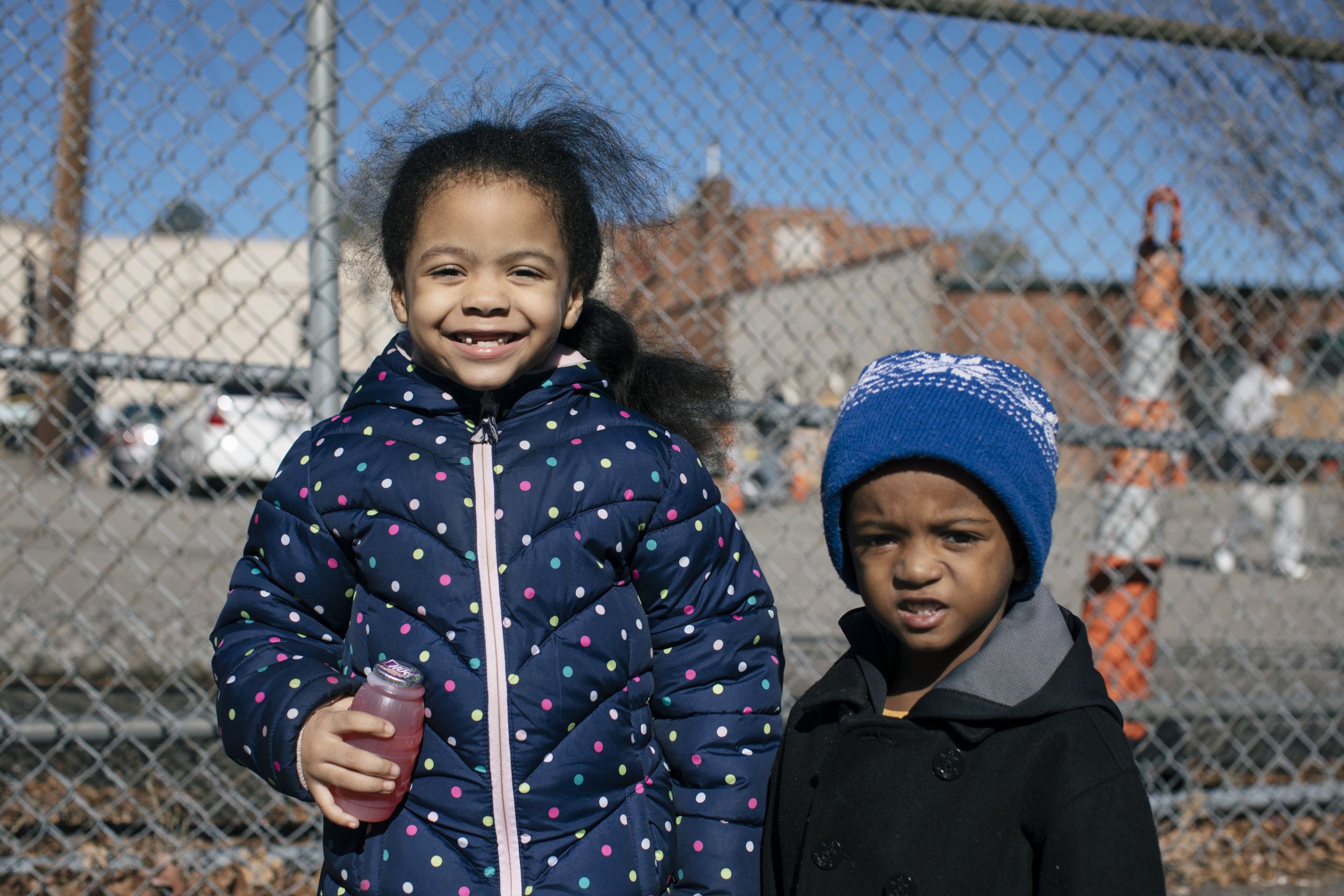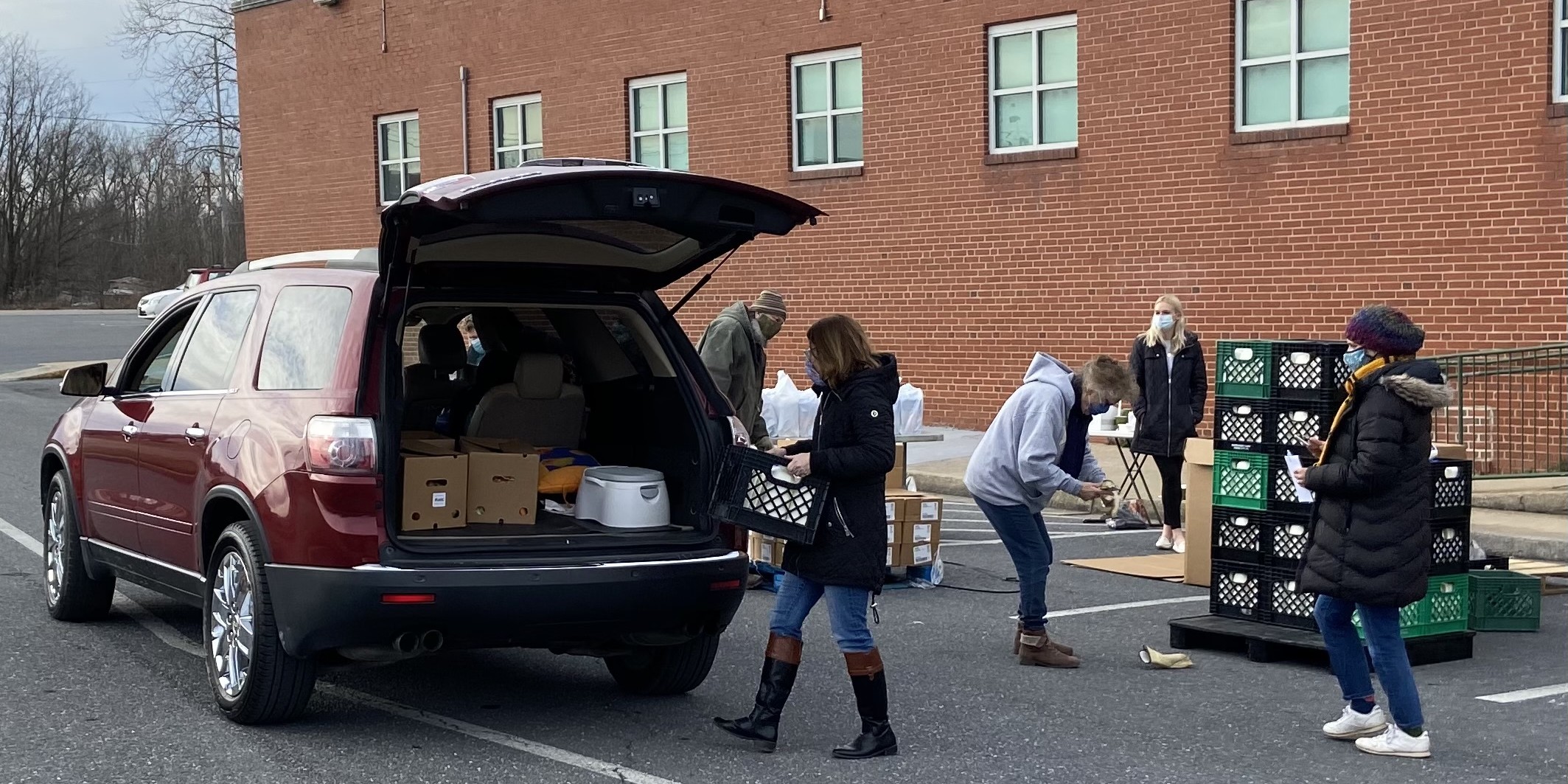As I reflect upon my time interning at the Blue Ridge Area Food Bank, I think about the first story I helped gather at the Timberville Mobile Food Pantry one cold January day. The woman we spoke to faced many challenges and relied on the Food Bank to feed her family as well as to help her neighbors. But through it all, she had a gift for hope that helped her to look at her situation not as it was, but how it could be, and she continued to push on. Her willingness to care for others despite her own hardships inspired my work at the Food Bank and continues to influence the ways I work toward food security today.
As a student at the University of Lynchburg and as an intern for the Food Bank, I have found purpose in studying how policy influences poverty. While navigating the topic of food insecurity throughout the past year, I have witnessed how COVID-19 has affected the lives of my community and others in the United States. Particularly, I have watched the pandemic intensify hardships that have long existed, hardships that have affected the most vulnerable in our country. The policy decisions of our leaders impact who is uplifted and who is not.

Why are these food insecurity percentages so vastly different? They are different because historically our leaders have disadvantaged Black Americans. These statistics demonstrate the unfair and unjust ways that our country’s policies and practices still result in inequity today, and by allowing the policies of our past to continue, there will be no change. It is empowering to work alongside the employees at the Food Bank who work hard to ensure that we all have access to fair resources, but I know there is still so much work to be done.
On top of studying policy and inequity, the Food Bank has also provided me with the opportunity to record and write stories of individuals experiencing hunger, assist in the development of advocacy-related communications for the organization, research and suggest specialty industry news outlets to target, and help out with the functions of the Food Bank. These experiences have not only given me an opportunity to make an impact in my community, but grow the skills to do so at a greater level in the future. These skills include learning how to operate in a professional environment, engage in work that helps others, accomplish tasks for the betterment of an organization, and grow my own understanding of how to best help my community, all of which will help me in a future career.

Interning for the Food Bank has been pivotal to my college experience, and I would highly recommend others to become involved in special skills volunteering for the Food Bank as well. I have been able to connect my interests with food insecurity and utilize my strengths to help. You can do so as well, whether you are interested in photography, administrative work, or something else, there is a place for you to strengthen your own skills while also working towards something greater than yourself. The Food Bank has provided me with the ability to do just that, and I am humbled to continue my work with this organization.

